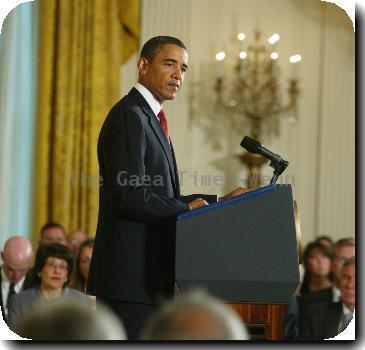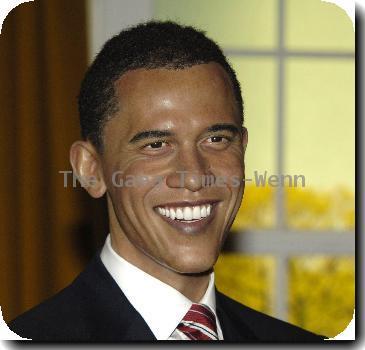Defense witness says institution of marriage would be threatened if gays allowed to wed
By Lisa Leff, APTuesday, January 26, 2010
Witness says marriage threatened if gays can wed
SAN FRANCISCO — The head of a family values group testified Tuesday that marriage is in such a weakened state in the U.S. that extending the institution to same-sex couples could be its death blow.
David Blankenhorn, president of the Institute for American Values, a private think tank, took the witness stand for the defense in the trial challenging California’s ban on same-sex marriage.
“My best judgment, if we move toward a widespread adoption of same-sex marriage, I believe the effect will be to significantly further and in some respects culminate the process of deinstitutionalization of marriage,” Blankenhorn said.
Blankenhorn acknowledged that heterosexuals were responsible for the decline of marriage but said allowing gays to marry would accelerate the trend and possibly lead to the legalization of polygamy.
Earlier in the day, a political scientist said powerful churches, religious views of voters and anti-gay stereotypes played a big role in the passage of the ballot measure in 2008.
Claremont McKenna College Professor Kenneth Miller said under cross-examination that he could not say what proportion of voters supported the ban because of bias or theological beliefs.
But he acknowledged that at least some people voted on the basis of anti-gay stereotypes and prejudice, and that in the election a critically important factor was the religious character of Democratic voters.
Miller was also called as a defense witness in the trial, the first in a federal court to examine whether state laws limiting marriage to a man and woman violate the constitutional rights of gays and lesbians.
Plaintiffs lawyer David Boies spent several hours trying to draw admissions from Miller to bolster the argument that Proposition 8 was a product of prejudice rooted in religion rather than sound public policy.
“You are saying the general principle that a religious majority should not be able to use law to impose their views on others is a generally accepted principle in political science?” Boies asked, citing some of Miller’s early writings that were critical of California’s initiative process.
Miller replied, “There might be exceptions, but that is a generally accepted principle.”
Boies also prodded Miller to explain why voters in a state known for being gay-friendly overwhelming supported Barack Obama for president yet denied gays the right to wed.
“I believe religiosity is a critical factor, among other things,” Miller said. “I didn’t list any other that were critical, but I haven’t done any other investigation whether those factors were critical.”
When Boies was finished, David Thompson, a lawyer for Proposition 8 sponsors, asked Miller to clarify his earlier assessment of the political power of gays and lesbians.
“There have been very few initiatives across the United States that affect gays and lesbians, if you set aside the marriage initiatives, and so it can’t be said the initiative process is stripping away rights,” Miller said.
Thompson also asked Miller if concerns he expressed early in his career about the initiative process being used to deny vulnerable minorities their rights applied to the gay marriage controversy. Miller said it did not.
“In my view, taking that decision out of the hands of the people in general is an example of the courts taking too strong a position on this issue, this fundamental issue of social policy in the country,” Miller said.
The exchange prompted Chief U.S. District Judge Vaughn Walker to chime in with a question of his own.
“Are you saying it’s never appropriate for the judiciary to intervene in the initiative process,” Walker asked.
“My view is it is appropriate when an initiative, just like any other statute enacted by a legislature, violates, in this case, the federal Constitution,” Miller answered.

